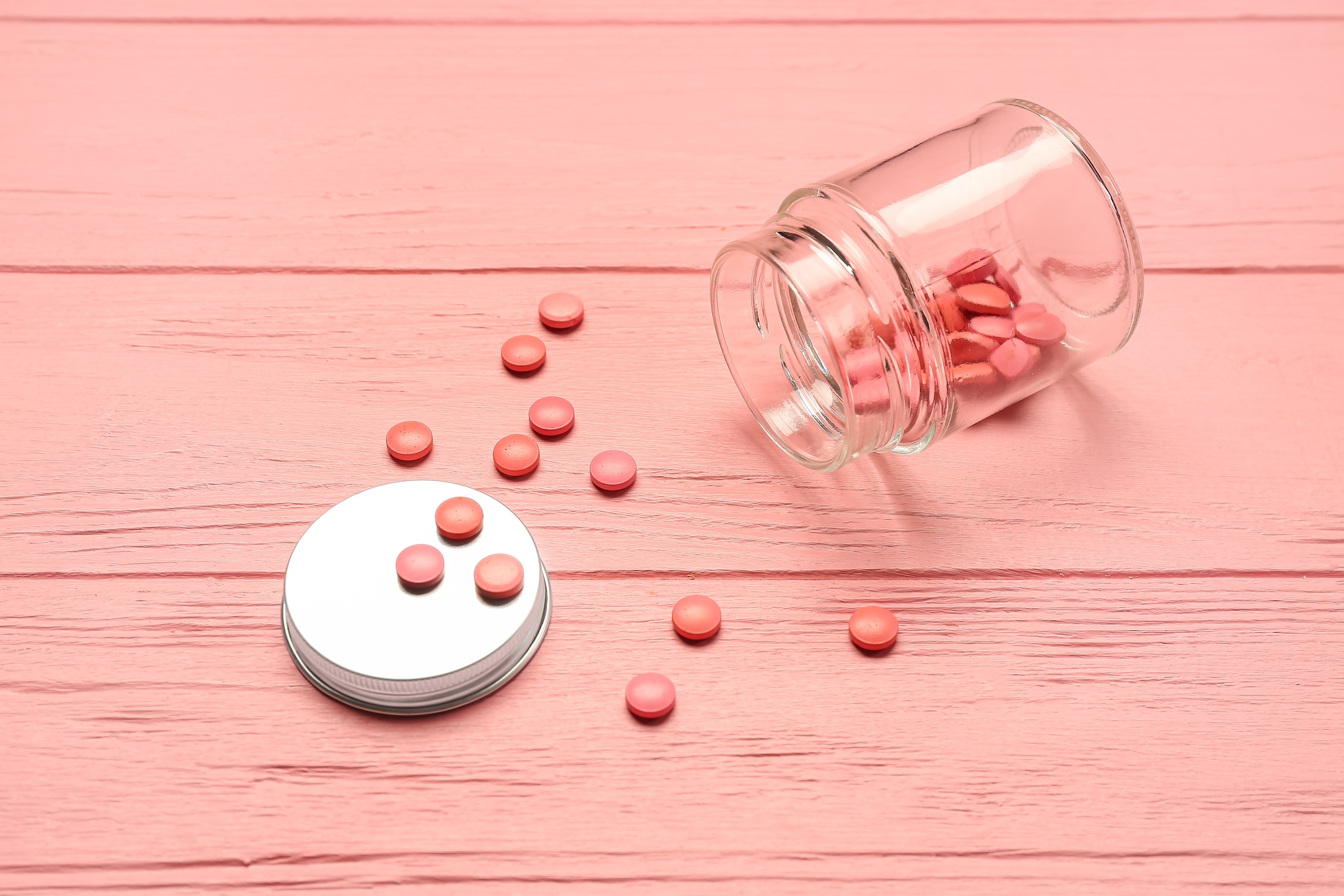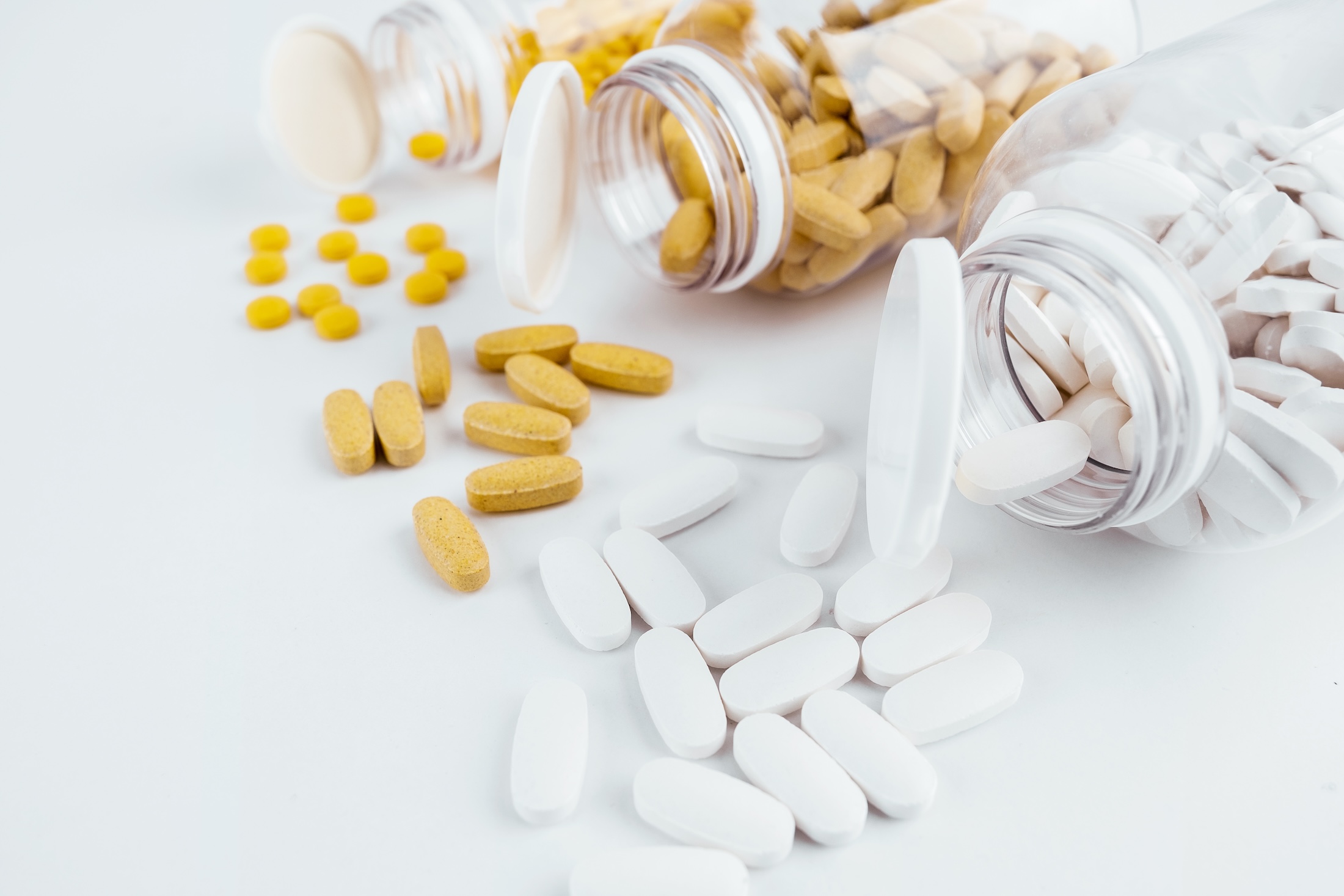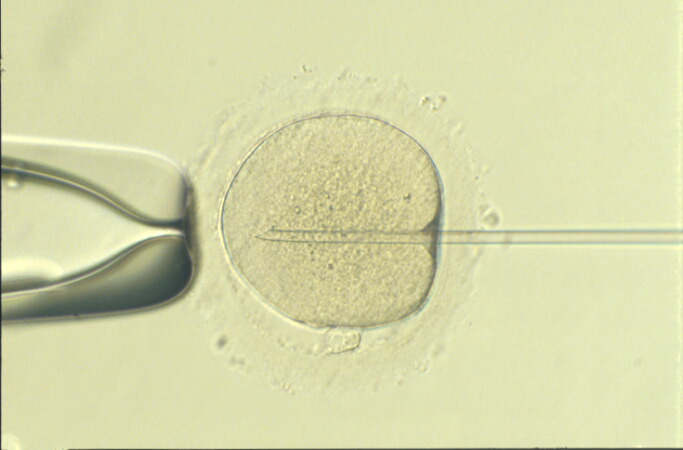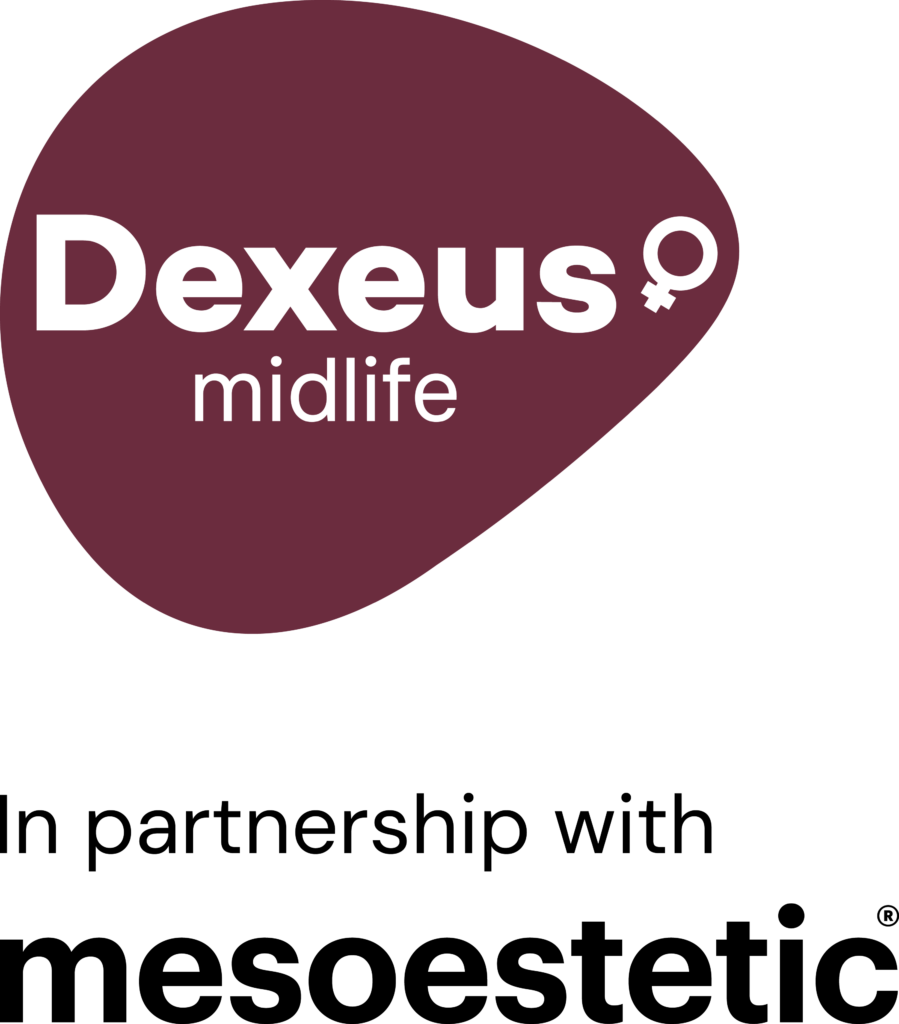Gynaecological health
Early menopause
Gynaecological health
In some women, the ovaries stop working earlier than expected. This means they stop producing hormones and reproductive function ceases. Consequently the woman does not ovulate and her blood levels of oestrogen and progesterone drop. When this happens before the age of 40, it is called primary ovarian insufficiency (POI).
In most cases the cause is unknown, although it is thought it might be genetic in origin, as there is an increased risk if there is a family history, or related to autoimmune diseases, metabolic disorders or exposure to toxins.
It may also be the result of chemotherapy or radiotherapy treatment following a cancer diagnosis or surgery involving the removal of the ovaries and uterus.
This can affect health and wellbeing as female hormones have many functions in addition to those specifically related to reproduction: they help maintain good bone density, protect cardiovascular health, stimulate lubrication and sexual desire, intervene in sleep regulation and some cognitive processes, promote skin and body temperature balance and more.
What symptoms might you experience?
In the early years it is common to experience the symptoms associated with the menopause such as hot flushes, night sweats, mood swings, vaginal dryness, insomnia, etc. They may be more intense at first. However, they gradually subside.
By contrast, the symptoms associated with genitourinary syndrome brought on by a fall in oestrogen levels are frequent and can cause genital and sexual discomfort: dryness, poor lubrication, pain during intercourse, vaginal itching and irritation, increased susceptibility to urinary tract infections, etc. This means it is important to treat them.
Other problems typical of this stage are: a tendency to gain weight, steady loss of strength and muscle mass, reduced bone density, sleep problems…
Treatments
There is currently no treatment to restore the normal functioning of a woman’s ovaries. However, some of the symptoms of primary ovarian insufficiency can be alleviated or lessened. There are also lifestyle guidelines which help reduce the associated health risks.

Hormone replacement therapy
It is the most common treatment. It involves replacing oestrogen and other hormones that are not produced by the ovaries. Hormone replacement therapy improves sexual health and reduces the risks of heart disease and osteoporosis. It is generally recommended to continue treatment until the age of 50, which is when menopause usually occurs. It can be administered by mouth (pills) or through the skin (patches or gels). This therapy is not possible if the cause of POI is a hormone-dependent tumour.

Calcium and vitamin D supplements
It is recommended to take them regularly to reduce the risk of developing osteoporosis.

In vitro fertilisation and egg donation
If you’d like to be a mother, you can draw on assisted reproduction techniques and egg donation treatments. Fertility preservation treatment can be performed in cancer patients to harvest eggs and freeze them.

Exercise regularly and watch your weight
It reduces the risk of osteoporosis and heart disease.

Be careful with your diet
It is advisable to eat healthily following Mediterranean diet guidelines.

